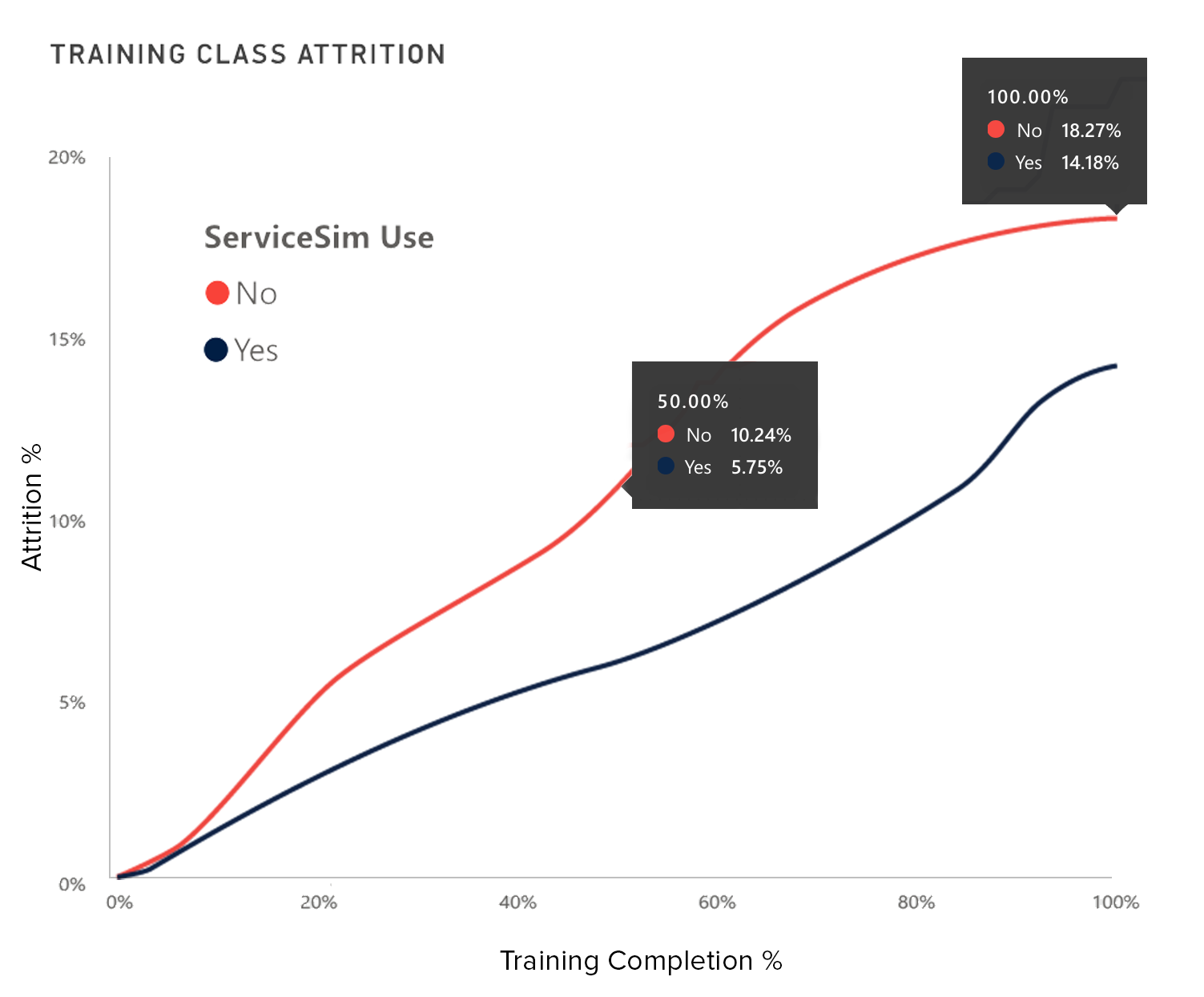Providing feedback is one of the most powerful tools for improving agent performance, but in high-pressure environments like contact centers, it’s not always easy to make that feedback meaningful. Generic coaching, delayed reviews, or feedback that lacks actionable steps often gets lost in the daily rush of customer interactions. So, how can you ensure that your feedback truly sticks and leads to lasting improvement?
The Challenge: Feedback That Doesn’t Land
Many contact center managers and trainers struggle with the same issue—agents receive feedback, acknowledge it, but fail to internalize and apply it. This happens for a few key reasons:
- Lack of Personalization: A one-size-fits-all approach doesn’t account for individual agent strengths, weaknesses, and learning styles.
- Delayed Coaching: Feedback given days or weeks after an interaction loses its impact.
- Limited Application Opportunities – Agents may not get a chance to immediately apply what they’ve learned, leading to skill decay.
- Emotional Barriers: In high-stress environments, poorly delivered feedback can feel more like criticism than a learning opportunity.
See how ServiceSim works in 90 seconds:
The Solution: Actionable, Real-Time, and Personalized Coaching
To make feedback stick, it needs to be timely, specific, and tailored to each agent. Here’s how you can achieve that:
- Use Real-Time Feedback Loops – Agents learn best when they can immediately connect feedback to a recent interaction. Instead of waiting for a scheduled coaching session, leverage real-time feedback tools that allow managers to provide quick, focused insights on the spot.
- Personalize Coaching to Each Agent – Every agent has different learning needs, so coaching should reflect that. Some agents may need help with active listening, while others struggle with de-escalation techniques. ServiceSim’s AI-powered training adapts to each agent’s specific challenges, offering scenario-based practice that targets their unique improvement areas.
- Create Low-Stakes Practice Environment – High-pressure environments make it hard to experiment with new techniques. Giving agents a safe space to practice—like AI-driven simulations—helps them gain confidence without the risk of frustrating real customers. ServiceSim allows agents to refine their skills in a controlled setting, reinforcing feedback through hands-on experience.
- Reinforce Feedback with Micro-Learning Moments – Traditional training sessions can be too infrequent to reinforce learning effectively. Instead, introduce micro-learning by offering bite-sized coaching moments throughout an agent’s shift. These could be quick exercises, short role-playing scenarios, or AI-powered practice sessions that focus on a single skill at a time.
- Encourage Self-Reflection and Peer Feedback – Agents retain feedback better when they actively engage in their own learning process. Encouraging self-evaluation after a challenging call or integrating peer coaching can enhance the impact of traditional manager feedback. ServiceSim’s simulated calls allow agents to analyze their own responses and fine-tune their approach.
The Future of Agent Coaching
As contact centers continue to evolve, feedback methods must evolve with them. AI-driven training tools ensure that coaching is not only delivered effectively but also internalized by agents in a way that leads to real, measurable improvement. By implementing real-time feedback, personalized training, and interactive learning opportunities, you can transform coaching from an occasional event into an ongoing, impactful process.
Want to see how ServiceSim makes agent feedback stick? Book a demo today.
SUBSCRIBE FOR EMAIL UPDATES

